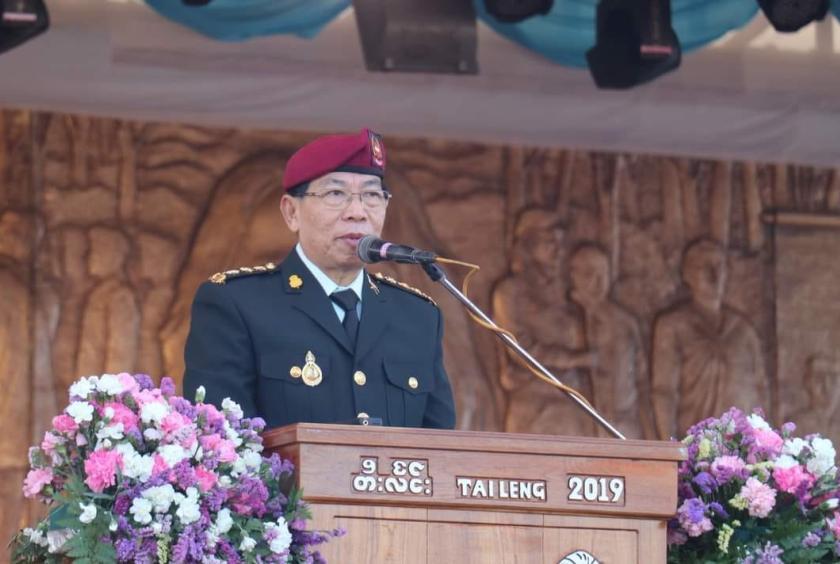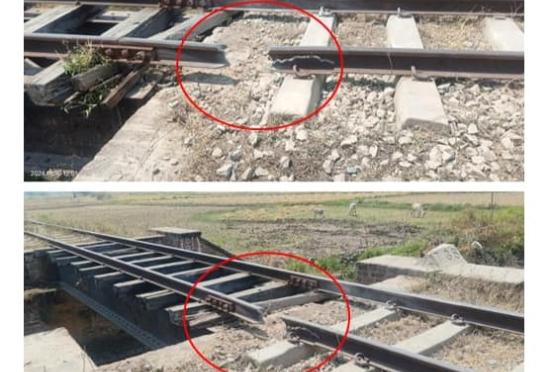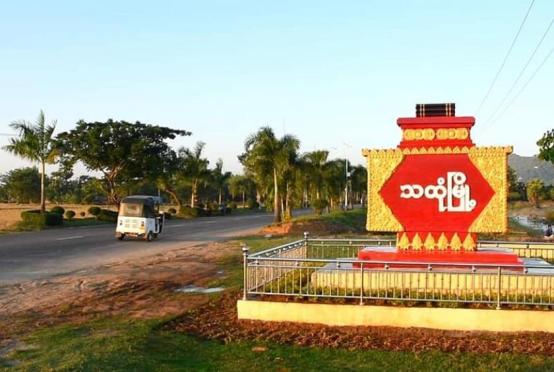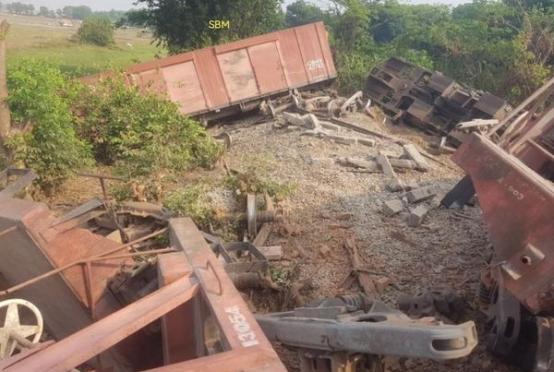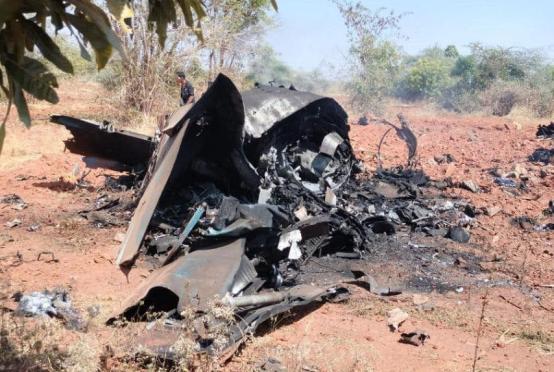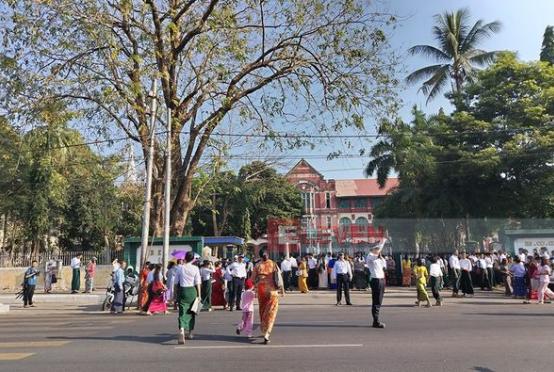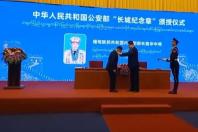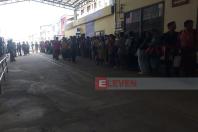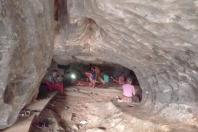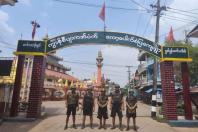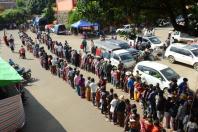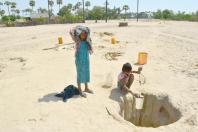Restoration Council of Shan State (RCSS) Chairman Yawd Serk stated that he had never heard of uranium being produced in any area of Shan State and had never discussed any transaction with anyone.
On February 25, when the TaiFreedom news agency inquired about the news of uranium trading following the US judicial indictment, Yawd Serk provided the following response:
“A few years ago, there were reports that uranium minerals were being extracted in Shan State, and a foreign individual expressed interest in purchasing these minerals. However, I personally had no knowledge of uranium production in any region. In fact, I was unfamiliar with uranium altogether. Consequently, my response was that I would investigate further. To clarify, I have never engaged in any transaction related to uranium. These accusations lack any credible source and appear to be an attempt to discredit me, similar to past unfounded allegations linking me to the drug trade.”
Interestingly, US prosecutors have revealed that the leader of a Japanese yakuza organization, who was arrested on drug charges, secretly facilitated the sale of uranium and plutonium through an ethnic armed group in Myanmar. According to their findings, the nuclear raw materials originated from an unnamed leader within the ethnic armed group, involved in mining uranium within Myanmar.
The indictment reveals that Takishi Ebisawa confessed to being instructed by an unnamed leader of an ethnic armed group in Myanmar to sell materials capable of producing nuclear weapons. However, court records shared on social networking sites indicate that this ethnic armed group leader is none other than the RCSS chairman.
Takishi Ebisawa, aged 60, transported samples of materials used in nuclear weapons production from Myanmar to Thailand. He did so under the guise of an undercover Drug Enforcement Administration (DEA) agent, who was posing as a drug and arms smuggler with connections to an Iranian general. Subsequently, authorities seized these materials, which included both uranium and weapons-grade plutonium.
The defendants allegedly involved in this smuggling case, which encompasses drugs, weapons, and nuclear arms, offered uranium and weapons-grade plutonium with the full expectation that Iran would utilize these raw materials for nuclear weapons, as stated by DEA Administrator Anne Milgram in a statement on February 21.
Milgram emphasized, “This is an extraordinary example of the malevolent nature of drug traffickers, who operate with utter disregard for human life.”
During a video call interview, it was revealed that the armed group in Myanmar possesses thousands of kilograms of nuclear material. Additionally, news reports suggest that up to 5 tons of nuclear material can be produced within the areas controlled by this armed group.
During the video call, it was reported that a DEA undercover agent, the brokers, and the armed leader reached an agreement regarding the exchange of uranium for weapons from Iran.
Ebisawa suggested that the armed group utilize the proceeds from the sale of nuclear materials to finance the acquisition of weapons.
An American federal laboratory analyzed the samples provided by the ethnic armed leader, revealing the presence of uranium, thorium, and plutonium. Notably, the isotope composition of plutonium was at a weapons-grade level, indicating its potential use in nuclear weapons.
Ibisawa, the leader of an international crime syndicate based in Japan, was among the four individuals arrested in April 2022 in the Manhattan borough of New York during a DEA operation.

